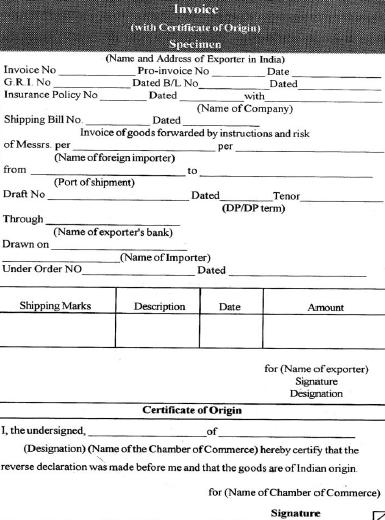Marine insurance is a contract by which the insurer, in consideration of payment by the insured of a specified premium determined under tariff rates or otherwise, agree to indemnify the latter against any loss incurred by him in respect of the merchandise exposed to the perils of the sea or to the particular perils insured against.
In a c.i.f. contract, marine insurance is obligatory, and the policy must be one which is usual in the trade and is in a negotiable form. The policy must be stamped and bear a date not later than that of the bill of lading; and if the export is under a letter of credit, it must conform to the terms and conditions laid down in it.… Read the rest



